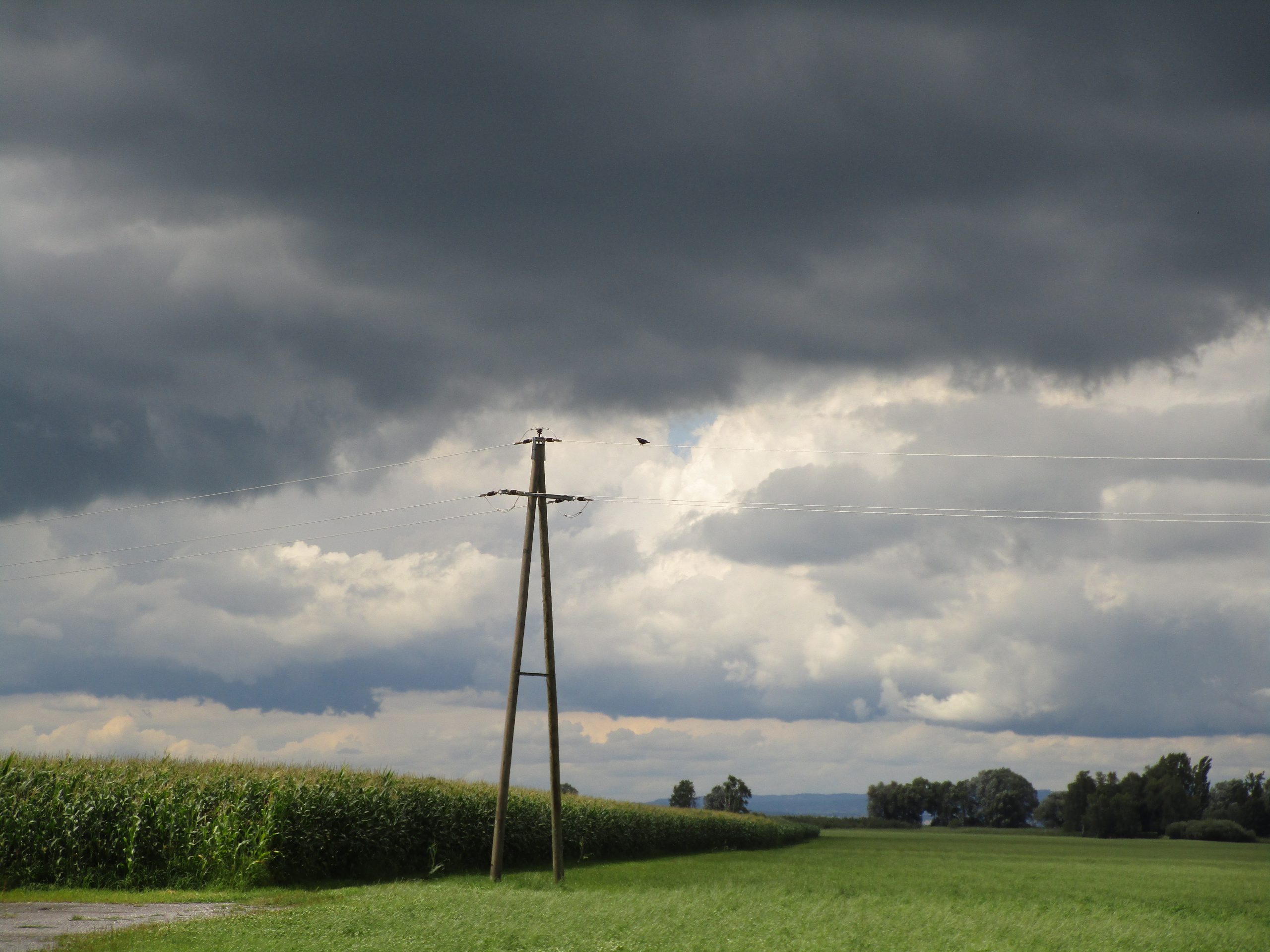“The human heart is a line, whereas my own is a circle, and I have the endless ability to be in the right place at the right time. The consequence of this is that I’m always finding humans at their best and worst. I see their ugly and their beauty, and I wonder how the same thing can be both.”― Markus Zusak, The Book Thief
This past week, I finally got around to reading The Book Thief for the first time. During college, I had several people tell me I needed to read it. That I’d enjoy it. In fact, several people who mentioned the book to me were shocked I hadn’t read it before. (That’s the thing about being an English major. People always assume you’ve read books that you’ve never touched, perhaps that you’ve never heard of.) So, I decided I’d better mark it off my list.
This book wasn’t what I expected. For some reason, I had the impression that the main character would spend the whole narrative trying to preserve books the Nazis planned to destroy. I expected Leisel to be the guardian of the precious words a dictator deemed unfit, and I suppose in some sense, that was part of the tale. But The Book Thief focuses on far more than just books. The truths it tells run deeper to the core of why the words matter. Words, books, stories are tools that connect broken, beautiful people to each other.
Like Death’s observation of humanity, The Book Thief is both ugly and beautiful.
A book about war brims with sorrow. It can’t help it. As Death describes the colors he sees in a day, he narrates a story tinted with a prevailing shade of gray and dusky brown. People suffer, people live in poverty, people die. Children play soccer in the streets and steal food in their hunger. Parents argue, calling each other insults as terms of endearment. Even some of the most heartwarming moments carry a sepia tinge. A hidden Jew in a basement builds a snowman with a German girl and paints sunshine on the wall. In the middle of the night, a girl wakes from a nightmare to have reading lessons with her Papa. During each beautiful moment, a whisper of past pain or a hint of trouble to come lurks in the corner.
And in the midst of all the stings of suffering, imperfect people show compassion and love. Hans Hubermann takes in and hides a Jew based on a promise he made years before this war began. His wife, a blunt, rough character more likely to yell and slur her husband with insults than to show affection, immediately accepts Max into their lives and sets about caring for their hidden Jew. Before the end of the story, Hans will be whipped for showing compassion again, as will the book thief, Liesel, but still they choose kindness over hate.
In the end, the ugly and beautiful truths of life are revealed.
Nothing lasts forever. No one is ever perfect. The heroes of the story are raw, flawed people: an accordionist who can barely make ends meet, a girl who steals, a fist-fighter who abandoned his family. But they give what they can. They share what they have; they love. And in the end, when the life they knew is destroyed, when Death comes to carry off the souls ready to go, even he can’t help but be touched by their story. “Even death has a heart.”
The tragic events that take place crack the seams of the reader’s heart, but without them, the story would be cheap. This narrative is powerful and beautiful in part because it’s soaked in the ugliness of life. Mankind’s worst traits of hate and selfishness display themselves in full light; suffering stands in full view. Yet, resilience stands even stronger. Liesel encapsulates the ability to keep going even after pain, and the ability to keep loving and caring even after being hurt.
Without ugliness in a story, beauty would be shallow.
Some of the most beautiful tales in the world are full of sorrow because sorrow gives depth. What painting could have light if the artist didn’t include shadows? What sculpture looks real without flaws? If art is exact on every count, perfectly symmetrical, perfectly in line, every flower with the same number of petals, then art looks artificial. Nothing real is perfect. Not in our fallen world.
Thus there’s a certain rightness to the imperfection of the story–the pain and tragedy. The Book Thief holds life and death and deals with both honestly, deeply, in a way that melts your heart and tells you something that matters. Stories matter. Life matters.
So while I’m not sure I would say I enjoyed reading this book (I don’t usually enjoy books that bring me to so many tears), I will say that I’m glad I did. Markus Zusak created a masterpiece in this piece of fiction. His book is filled with poetic lines and raw truth. He wrote ugly and beauty; he wrote art. It’s a story well-worth hearing.

Leave a Reply
You must be logged in to post a comment.